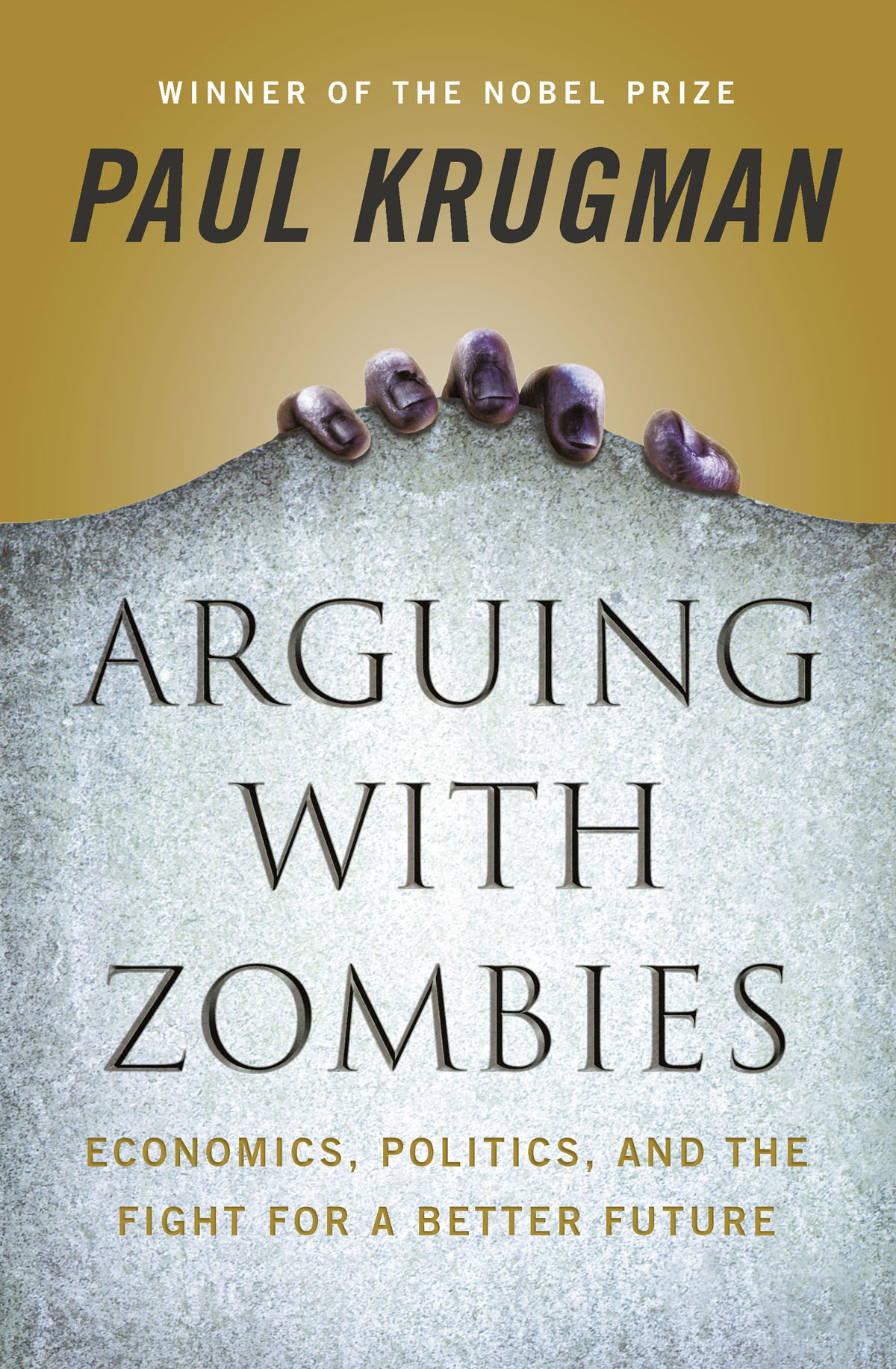robla reviewed Arguing with Zombies by Paul Krugman
Review of 'Arguing with Zombies: Economics, Politics, and the Fight for a Better Future' on 'Goodreads'
5 stars
I loved Krugman's writing ever since I bought the softcover Peddling Prosperity when it was new, and I'm pretty sure I paid full retail price for it. I've subscribed to the New York Times in no small part because Krugman is a columnist there. Mind you, that wasn't the full price digital New York Times subscription. I have to decide if I want to renew once the bargain basement annual rate that I received expires.
But anyway, this "book" is worth an Audible credit if you liked Krugman's columns over the past couple of decades. The articles are not strictly chronological, but organized in sections leading up to the January 2020 publication. Not much about COVID-19 in this book, but Krugman uses what he said 15 years ago to point out that the present day was part of the predictable progression. He's not wrong, but hearing a figurative "see! …
I loved Krugman's writing ever since I bought the softcover Peddling Prosperity when it was new, and I'm pretty sure I paid full retail price for it. I've subscribed to the New York Times in no small part because Krugman is a columnist there. Mind you, that wasn't the full price digital New York Times subscription. I have to decide if I want to renew once the bargain basement annual rate that I received expires.
But anyway, this "book" is worth an Audible credit if you liked Krugman's columns over the past couple of decades. The articles are not strictly chronological, but organized in sections leading up to the January 2020 publication. Not much about COVID-19 in this book, but Krugman uses what he said 15 years ago to point out that the present day was part of the predictable progression. He's not wrong, but hearing a figurative "see! told you so!" from Krugman (via someone else's voice reading his columns on his behalf) just as we were heading into a global pandemic was weird listening.
I'm giving this 5 stars because Krugman is so much better at punditing than almost all of the other pundits out there (e.g. most of the other columnists at the NYTimes). For me, it wasn't the mind-blowing primer in Keynesian economics that I received in Peddling Prosperity, and Krugman does tend to repeat many of his lessons over multiple books. For example, this book has yet another retelling of the Washington DC babysitting co-op, and how that relates to the Keynesian theory of currency supply. But the babysitting co-op story is really powerful, and worthy of multiple retellings. I liked this book because it was a good reminder of why I like Krugman as a pundit.

